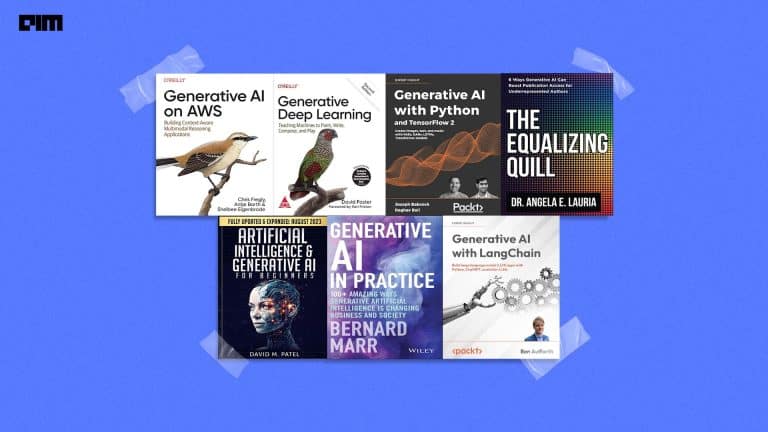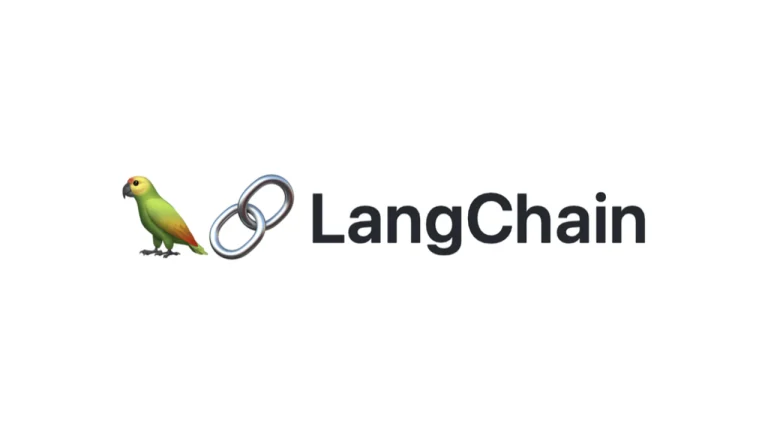 The rise of merging technologies is leading the globe towards a data-centric platform where Big Data is gaining more and more prominence. With the growth of cloud and Internet of Things(IoT), large amounts of data is stored every day in platforms like Hadoop. That is why the much-hyped big data frameworks are leveraged with machine learning frameworks to find meaningful patterns from these data.
The rise of merging technologies is leading the globe towards a data-centric platform where Big Data is gaining more and more prominence. With the growth of cloud and Internet of Things(IoT), large amounts of data is stored every day in platforms like Hadoop. That is why the much-hyped big data frameworks are leveraged with machine learning frameworks to find meaningful patterns from these data.
Understanding The Term
Event processing is a methodology of tracking and analysing the stream of data about the events in order to extract meaningful insights into the events happening in the real world. However, there may be one hurdle in such context and that is to turn the insights as well as patterns promptly into action while concocting operational market data in real time. It is also known as “fast data” approach which automates decisions and initiates actions in real-time. It basically embeds patterns which are obtained from analysing previous data into future transactions in real time.
The Event Processing comprises of two segments, one is the Event Stream Processing and the other is the Complex Event Processing (CEP). The former supports various continuous analytics such as enrichment, classification, aggregation, etc. and the latter uses patterns over arrays of uncomplicated events in order to identify and inscribe composite events.
How Event Processing Uses ML And Analytics Models
There are certain cases where it is crucial to analyse and act on the data while the data is still in motion. In such cases, the predictions by the analytic model need to be proactive and must be calculated in real-time. For instance, fraud detection by detecting whether it is a fraud payment or not, optimised pricing according to the real-time market price without causing loss to the organisation, rerouting transportation by congesting the traffic, customer service by servicing the customer while he or she is in line, etc. So basically, an analytic model has to solve the problem in the appropriate way in real time which is based on prediction results.
Machine learning techniques like random forests, k-means clustering, logistic regression, linear regression, etc. are being widely used by organisations for prediction purposes. The organisations are using the predictive models for the following analytical purposes
- Building The Model: The organisations ask the data scientist to build a flexible predictive model and in order to do that the data scientists use not one or two but various types of machine learning algorithms along with different approaches to fulfil the approach.
- Validating The Model: Making a model can be easy and not so time-consuming, but validating it whether it is working in a proper manner or not even after using new data inputs can be sometimes a hard task for a data scientist. The training of a machine learning model will follow the validation process with some data inputs and after the validation, the model can be further improved to deploy for real-time event processing.
Different Frameworks For ML In Event Processing
Apache Spark
Apache Spark is an open-source parallel processing framework which achieves for both batch and streaming data. This framework is easy to use and the cluster-computing framework is ideal for machine learning with a cluster manager and distributed storage system. MLlib is Spark’s machine learning library which makes practical machine learning scalable and easy.
Hadoop
Hadoop is an open-source batch processing framework which allows for the distributed processing of large data sets across clusters of computers using a simple programming model. The library in Hadoop is itself designed to detect and handle failures at the application layer, delivering a highly available service on top of a cluster of computers. It operates by splitting files into larger blocks of data and then distributing those data sets across the nodes in a cluster.
Apache Storm
Apache Storm is an advanced big data processing open source framework which provides distributed, real-time stream processing. Storm makes it easy to reliably process unbounded streams of data, doing for real-time processing what Hadoop did for batch processing. A Storm topology consumes streams of data and processes those streams in arbitrarily complex ways, repartitioning the streams between each stage of the computation however needed.
IBM Infosphere Streams
This is a software platform which enables the development and execution of applications that process information in data streams. It also enables continuous and fast analysis of massive volumes of moving data to help improve the speed of business insight as well as decision making.






















































































